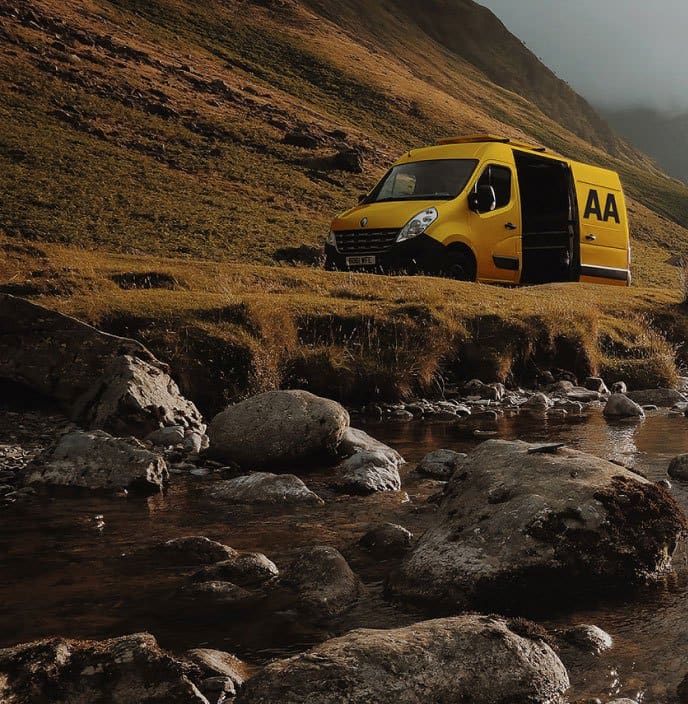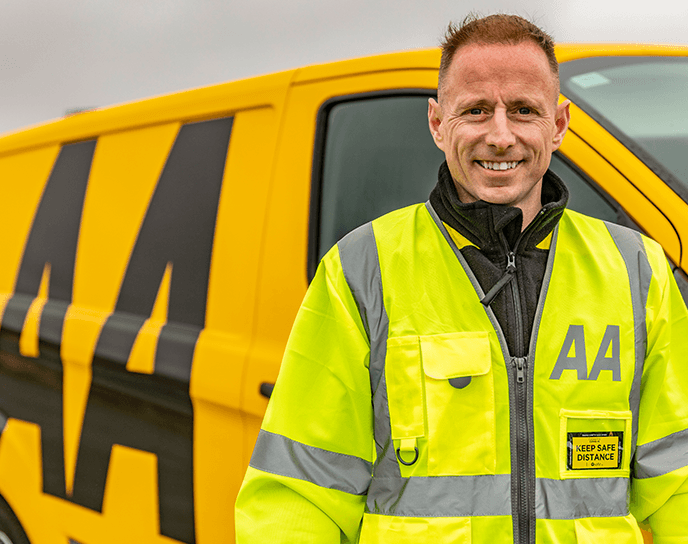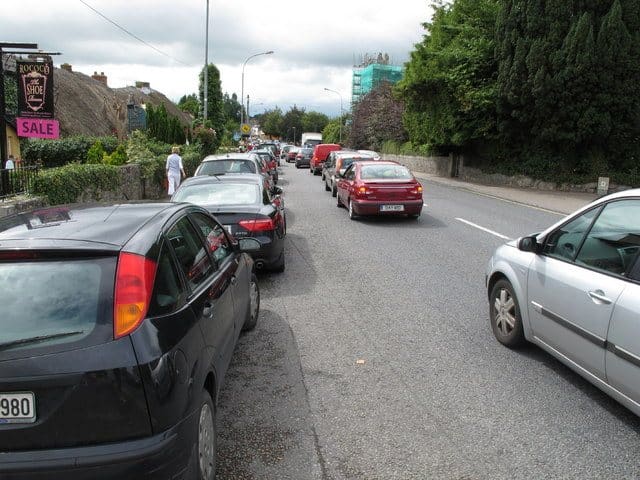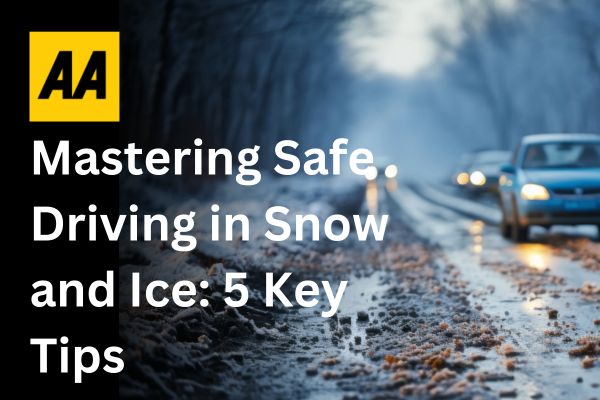Like so many other aspects of our lives over the past 18 months, the learning to drive process has been severely impacted by the pandemic and its restrictions. Lessons, tests and driving licence services were suspended or reserved for essential workers for around half a year during the Level 5 restrictions, and only fully reopened from June onwards. This has led to severe backlogs and delays for those hoping to get their licence.
If you’re setting out on your learning journey or resuming it after a pandemic-enforced break, bear in mind that it will probably take longer than you’d like, but don’t be dissuaded – the long-term benefits of getting your licence are well worth it.
Tests and Waiting Lists
Both the Driver Theory Test and the Driving Test itself were stopped during the strictest restrictions, which has led to very long queues for both. The latest numbers from the RSA, published in the Irish Examiner in November, show there are 64,500 people currently on the Driving Test waiting list who are eligible to sit it, a further 28,100 who are waiting but not currently eligible (ie. they may not have finished the EDT lessons) and 12,100 who have an upcoming test date already booked.
This is a reduction on the numbers revealed by a parliamentary question on July 9th, when 105,216 waiting for a driving test and a further 119,253 people were waiting for a theory test to begin to learn. This meant in the summer of 2021, around 1 in every 17 people over the age of seventeen in the country was on a waiting list for one of the two.
Theory test availability has been expanded and in many centres, a test can be booked within a week or so now. A new pilot scheme is allowing people to take the test online instead of going to the centre – but if you’re hoping for that option, keep in mind that this currently requires access to a PC running Windows 8 or above, and can’t be done on any other devices (such as your phone or a tablet).
The RSA now have online tool now that will estimate how long your wait for the practical driving test will be, showing you when you’re likely to receive an invitation to book a test. They have hired an extra 40 testers, and may change the opening hours to fit more tests in every day. Appointments are now being offered to the eligible people who have been waiting the longest – when it’s your turn, you will get an invitation to pick from available dates within the following few weeks. You have 10 days to pick and book your test date, or if you’re not ready, you can let the invitation lapse, and re-add yourself to the invitation queue later. There are also priority lists for essential workers and for those who had to cancel a previous appointment due to having covid symptoms or being a close contact.
Lessons
Like tests, driving lessons were suspended for several months during the Level 5 restrictions and then reopened at first for essential workers only. This means that there is significant demand for lessons, although this is difficult to measure, as there is no centralised booking process – you book with your individual instructor or driving school. At a meeting of the Oireachtas Transport Committee in April, ADIs (driving instructors) estimated that there would be demand for over 1 million hours of EDT lessons once the restrictions lifted. With around 1,500 instructors in the country, that’s a lot of lessons to catch up on.
All learners must complete the 12 EDT lessons at a minimum, but many will need more, so this could present a further delay to those hoping to apply for their tests. If you’re struggling to book lesson times, try to get in more practice where possible with your sponsor (the fully qualified driver who accompanies you) – it’s better to keep things up, rather than leaving long gaps of no driving between lessons.
Safety measures for covid-19
Learning to drive involves sharing a vehicle with the instructor and tester, which is why it was so impacted by the pandemic. A number of safety measures are in place to protect both instructors/testers and the learner. Both parties should wear a face mask, the front windows should be left open and the vehicle should be cleaned before a lesson or test. Remember the windows will be open for the duration of the lesson or test, so pick comfortable clothes that will keep you warm. If you wear glasses while driving, make sure you’ve tested them with a mask beforehand and found the most suitable way to prevent them from fogging up.
Don’t ever attend a lesson or a test if you have covid-19 symptoms or are a close contact – the RSA have a priority rebooking list for those who had to cancel their test for these reasons, and you won’t lose your fee.
Learner permits and expiry dates
Learner permits (along with all driving licences) that were due to expire during the pandemic have been extended; most recently on June 24th, when all those due to expire by July 2021 were extended by another 10 months. So if your permit was due to expire between March and June 2020, it remains valid for 18 months after that date. If it expired between July and October 2020, it remains valid for 14 months after the date printed on it, and if it expired between November 2020 and July 2021, it’s still valid for 10 months after that date.
You won’t be sent a new permit with the new date, but you can calculate it on the NDLS website. Make sure you know the right date for your permit; don’t risk finding yourself with an expired permit unexpectedly, as driving with an expired permit is an offence and may also affect your insurance cover. You can renew it 3 months before it expires to avoid this.
Learner laws
The laws around learner drivers have not changed during the pandemic: learners must hold a valid permit, display L-plates and be accompanied by a fully qualified driver (not another learner or a novice). The requirements for taking the test – having completed the minimum 12 EDT lessons and waiting 6 months after getting the permit – have also stayed in place.
Despite the waiting lists for tests and lessons, don’t be tempted to drive unaccompanied. A qualified driver helps to advise you and keep you safe, and an unaccompanied learner caught out on the roads faces a fine, penalty points and having their vehicle seized.
This article is part of an AA Ireland series on learning to drive. You can also find all our advice for learner drivers here, including the steps you need to take to begin your learner journey, what you need to know the first time you get car insurance, what’s happening with lesson delays now, and what happens after you pass your test.
For a great deal on AA car insurance online, click here.










